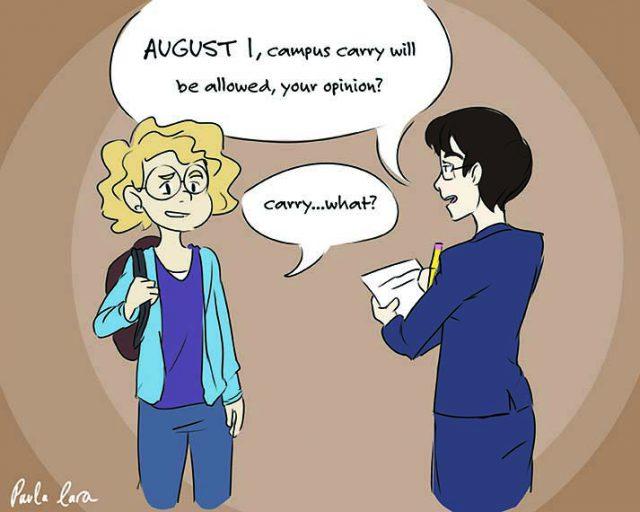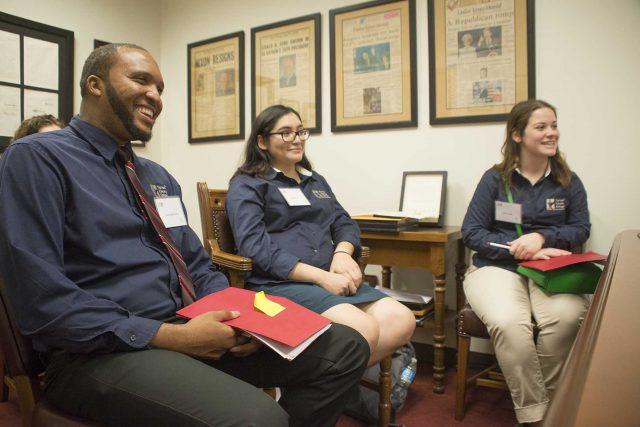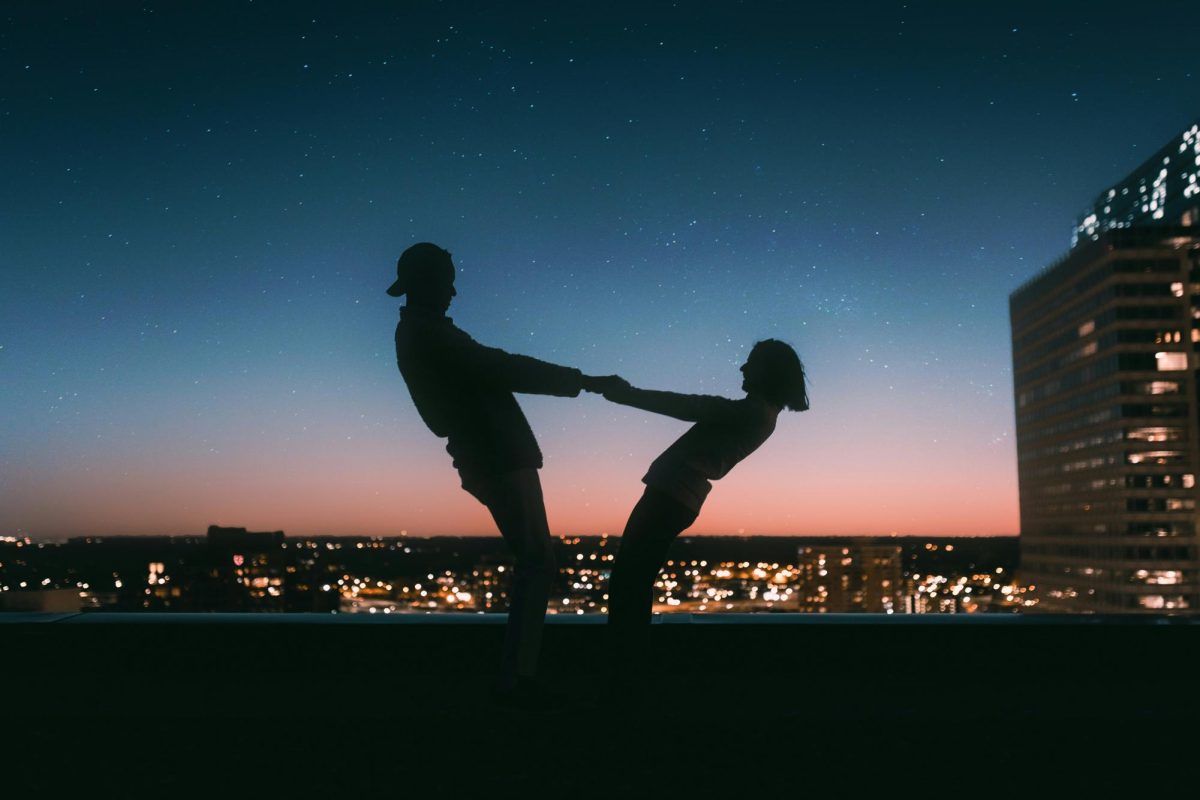By Kathryn Kelman/ne news editor
People enjoyed seeing videos of self-described white nationalist Richard Spencer getting punched in the face.
I mean, they enjoyed it a lot.
But this pleasure clashes with an ideology that says peaceful means of resistance is the “right” way to go about fighting an oppressive system and those with dangerous radical views.
Politeness, manners and marches didn’t stop Nazis in the ’30s and ’40s, and in the darkening political climate that faces the public in 2017, people are now questioning whether or not peaceful protests will be enough for today’s citizens.
But we cannot tell people how to live their oppression. Historically, protests have been one way for American citizens to alter the trajectory of public policy and modify their society. But the revolts that used violence and property damage to send a message and juxtaposed the peaceful methods used to bring about change have been vilified and their effectiveness wiped from the narrative.
People became more willing to work with Martin Luther King Jr. not just because his approach was nonviolent, but because Malcolm X preferred “any means necessary.” They knew violence was an option for some people of color, and that gave King’s nonviolent movement more power.
However, left- and right-wing media as well as the privileged undermine movements at the first sign of disruption and destruction instead of focusing on the violence of a system that perpetually prosecutes, kills and violates the rights of the oppressed. Because of this, our definition of violence needs reshaping in Trump’s America.
When boycotts are no longer an option because people are too poor, voicemail boxes are full and nonviolent marches are easily ignored even with a historically large turnout of women in pink hats, there will still be a line when it comes to violent resistance. But where will it be?
We can already see that the major voices stepping up and marching, calling, making their voices heard, are still being silenced as Trump’s nominees are still getting confirmed. So, while we continue to pursue peaceful means of resistance, we as a society must decide where to re-draw that line and when, if ever, it’s OK to cross it.

































